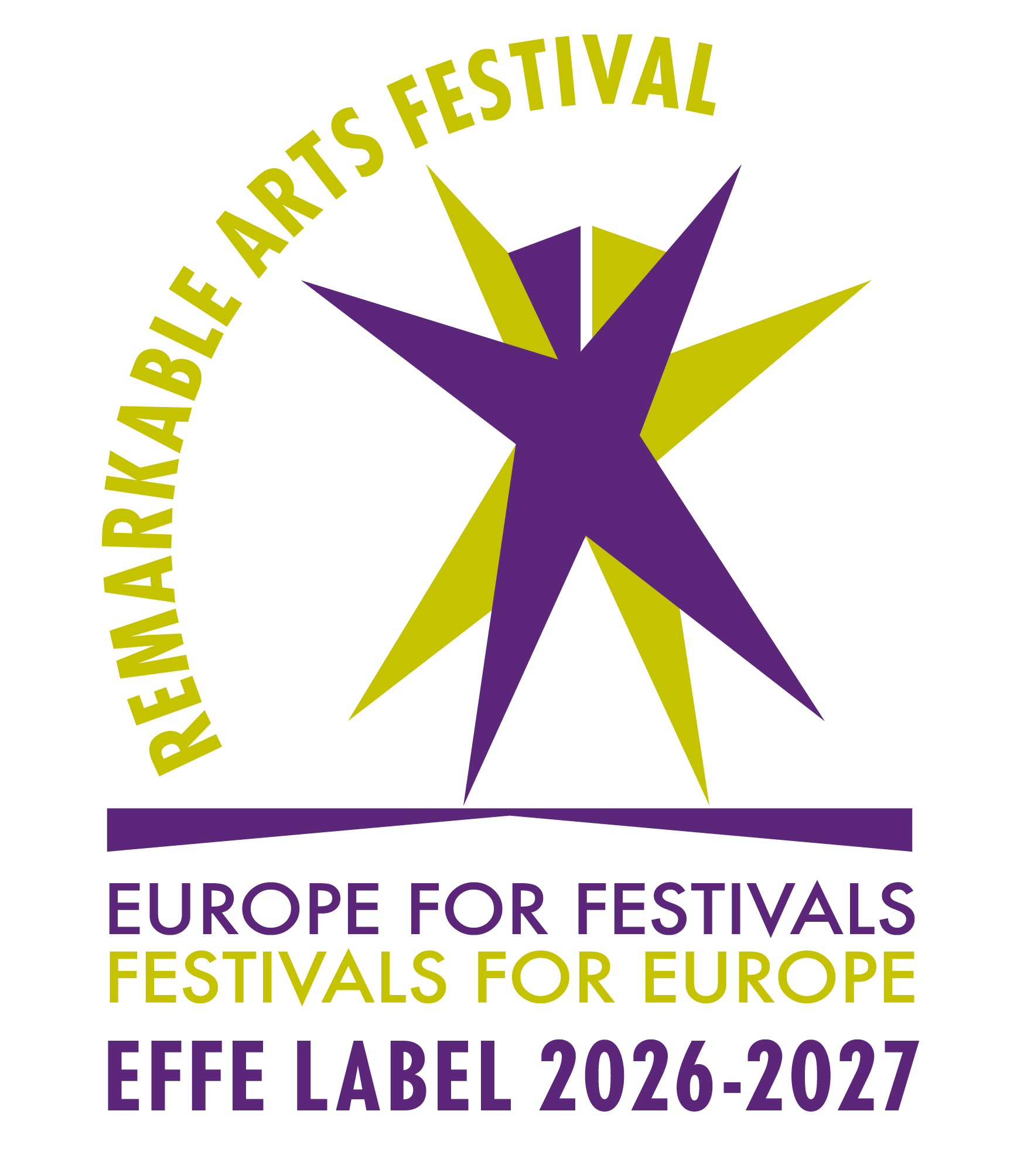- home
- festival
- festival 2025 – XXXII
- festival 2024 – XXXI
- festival 2023 – XXX
- festival 2022 – XXIX
- festival 2021 – XXVIII
- festival 2020 – XXVII
- festival 2019 – XXVI
- festival 2018 – XXV
- festival 2017 – XXIV
- festival 2016 – XXIII
- festival 2015 – XXII
- festival 2014 – XXI
- festival 2013 – XX
- festivals archive 1994 – 2012
- tickets
- foundation
- projects
- productions
- events
- news
- contacts
Emilia Verginelli
LOURDES
October 3, 2024 19:00
Institut français Florence | IT
also scheduled on
October 4, 2024 18:30
as part of Fabbrica Europa 2024
Lourdes is a scenic sharing conceived for a small audience, that takes place in a dilated and repeated time articulated not only by the performers but by the audience itself. Lourdes asks its audience to inhabit the theatrical and performative space, which is not only stripped from the frontality of the center stage (that in our case does not exist), but has also at its core the will to nullify the centrality of the performer as the center of attention and visual focus, to dislocate eyes and hands in other directions, thus resetting this theatrical hierarchy.
What we want to offer to the audience is the possibility to escape from the role of those who observe, but to actually participate in the scenic state in all its entirety. Apart from being able to place themselves as they like (you could stay seated, exchange seat, lay on the floor, stand and walk around, actively deciding where to lay your eyes and attention), the audience is invited to interact with numerous stage props, which are nothing more than the tools that were used during the research process and creation of Lourdes: pencils and markers, paper sheets, the books on which we studied, and a lot of other things. This potential distraction is, for us, an entry door to a new way of inhabiting and participating in a theatrical space, as the audience establishes itself as a sort of temporary and everchanging community.
Another fundamental element is the transcript (in different languages) of the spoken parts, that is displayed on numerous smartphones scattered all over the stage, and that can be consulted at will by the audience. Apart from being an accessibility tool for hearing impaired people, non-italian speakers or for those who have a difficult time keeping their focus, this performative dissemination removes even more the performers from their theatrical centrality, granting the audience the possibility to be part of this sound immersion without ever looking at the performers.
– Emilia Verginelli –



